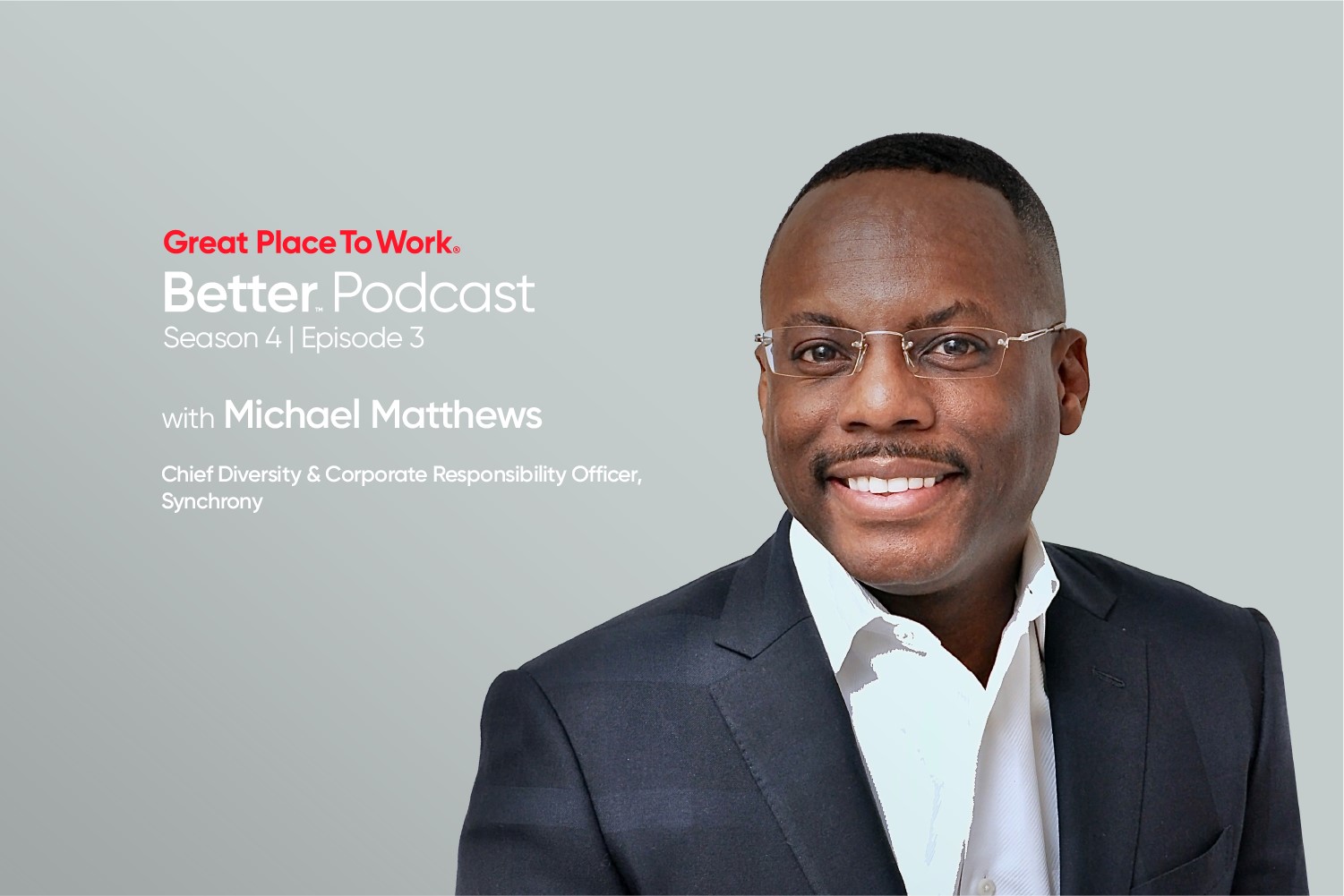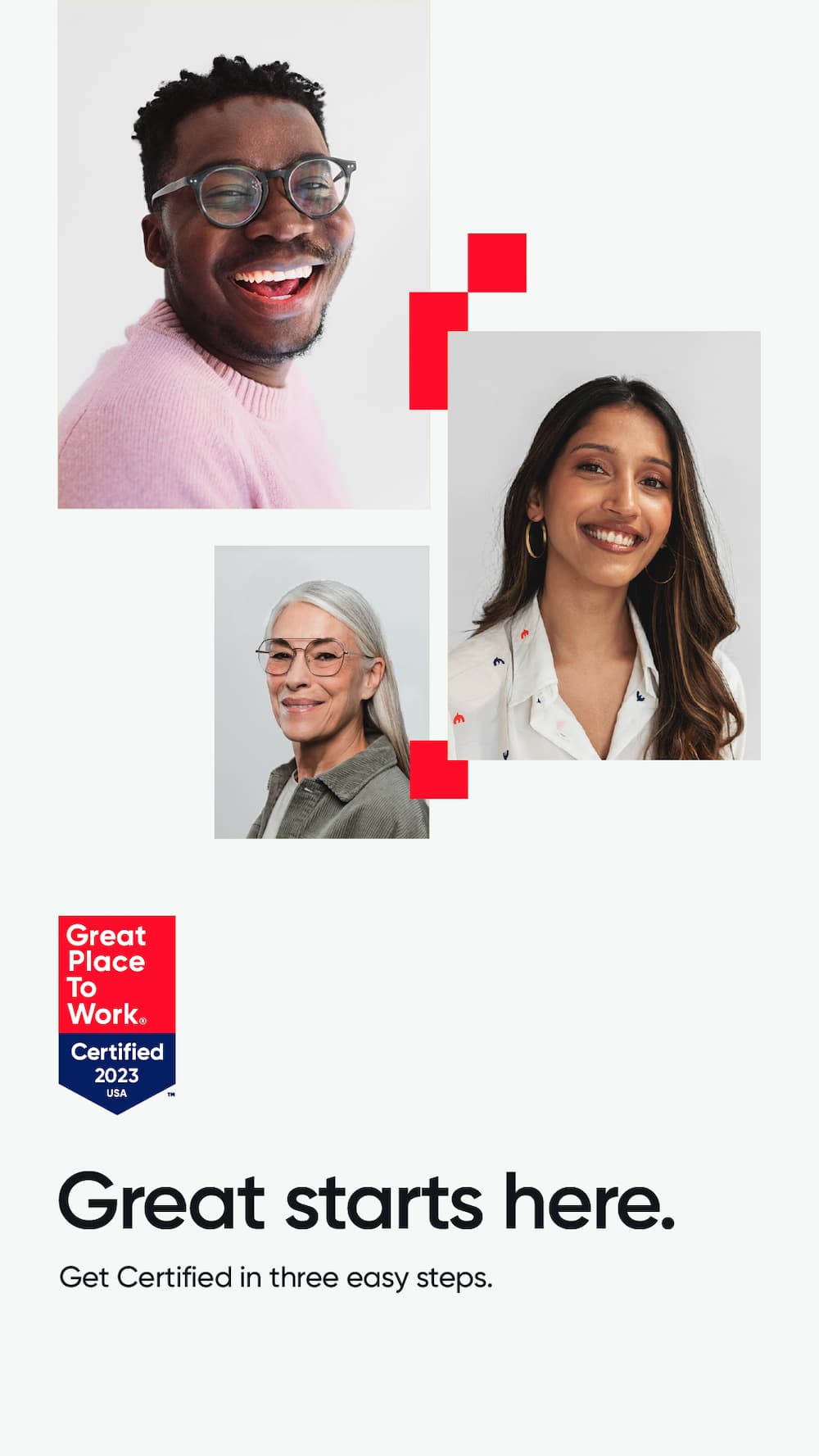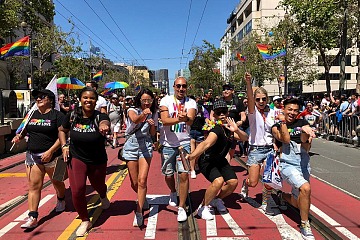DEIB, Diversity & Inclusion, LGBTQ+
Meet the companies pushing policies to advance the cause of transgender rights.
In 2002, only three percent of Fortune 500 companies had gender identity discrimination protections in place. By 2019, that number had shot to 85%, according to the Human Rights Campaign (HRC) Foundation.
While many companies wait for laws to be passed before taking a stance on gender identity, others get on the front foot and set their own policies to ensure safe and enriching company cultures for all.
Helping transition
Genentech provides transition-care benefits for transgender employees, including hormone therapy and gender-affirming surgery. In 2017, Genentech started covering every procedure in the World Professional Association for Transgender Health guidelines. Hair removal and surgeries once considered elective, such as breast augmentation and facial feminization or masculinization surgeries, are also covered.
In 2018, Genentech spelled out that the pre-existing fertility benefits ($20,000 for in vitro fertilization and other fertility care) also apply to transgender people who wish to preserve fertility before transitioning.
Cultural awareness
Employees at Ultimate Software are encouraged to bring their whole selves to work and join Ultimate’s company-wide Communities of Interest. Rooted in equality, diversity, inclusivity, and cultural intelligence, COIs connect people through shared interests.
PRIDEUS (People Respecting Individual Differences Empowering Ultimate Software) was the first COI. It was founded by and for lesbian, gay, bisexual, transgender, queer/questioning, intersex, and ally (LGBTQIA) team members. Consistent with their objective of inclusivity, allies are welcome to join any COI and advocate.
Last year for Interoffice Pride Week, PRIDEUS streamed a course to help foster a better overall understanding of LGBTQIA people. In Trans 101, employees learned relevant terminology, busted myths and saw study results.
Career moves
Workday pushes for diversity and inclusion through a broader strategy called VIBE. Employees are made to feel welcomed, respected, and valued, regardless of how they identify through a number of programs. One such program is Employee Belonging Councils (EBCs). EBCs are employee groups who champion a more diverse population and help step up professional development among members.
EBC Women@Workday inspires and supports women in professional roles and EBC Workday Pride promotes respect, tolerance, and education for lesbian, gay, bisexual, and transgender communities. The Talented Tenth is another EBC. They help set up African-American communities for careers in software.
Rethinking healthcare benefits
One of CHG’s Healthcare's values is to “put people first.” They live this not only through extensive community involvement, but also by showing up when their people need support.
CHG’s health plan covers transgender benefits, with no limit on the amount the company pays. Transgender employees can seek behavior therapy, gender confirmation surgeries, and gender dysphoria treatment on the plan.
The company’s headquarters also offers gender-neutral bathrooms. Jamie Barker, a hospital privilege supervisor in their Salt Lake City office, said the LGBTQ community at CHG is “supported from the top down.”
“There is so much opportunity to celebrate who we are as individuals, and I don’t feel like I have to hide any part of me.”
Pro bono protection
Perkins Coie LLP uses its legal resources to support people in need. The firm represented a transgender woman who fled violence and police abuse in Mexico when she was 20 years old, in her bid to obtain asylum. The case raised complex legal issues, as the U.S. Court of Appeals for the Second Circuit has yet to acknowledge eligibility for asylum on the basis of transgender status.
A Perkins Coie pro bono team prepared a 45-page brief arguing for multiple grounds of protection and submitted over 600 pages of corroborating evidence. At trial, the judge ruled for their client after only five minutes of questioning by the government.
Common among these companies is that their benefits don’t leave out some. They carefully take into consideration the unique needs of all employees. When people feel like they can bring their whole selves to work, they feel a greater sense of belonging and free to share their ideas. Ideas your business can't afford to miss.
Measure equity and inclusion in your workplace
For more information or help on your DEIB journey, contact us about how to measure and improve racial equity and inclusion in your workplace with our survey and analysis tool, Emprising™.












